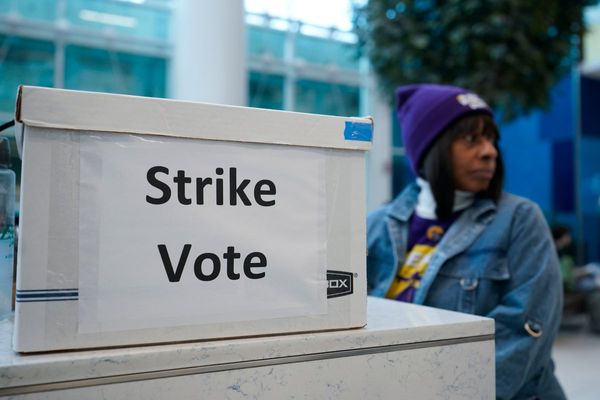Want to win trust and get more out of your teammates? It's not enough to just apply accountability to yourself. You must take responsibility for your group's actions, too.
Russ Laraway, chief people officer at Burlingame, Calif.-based venture capital firm Goodwater Capital, said leaders accountable for the whole group are more effective. He saw that many times in his career, including in a four-year stint in the Marines as a captain.
"I find it's easier to trust someone who takes accountability," Laraway said.
Laraway, who wrote "When They Win, You Win," will at times take responsibility for things for which there's no rationale he would be responsible.
"The reason is once you can get everyone in the system to get past whose fault it is, it's much easier for everyone to get on the same page about fixing what happened," Laraway said.
Take Accountability In All Cases
Laraway was in the Marines for four years as a captain and company commander overseeing 175 people. One of the Marines' mantras is that officers in particular are responsible for everything their organization does or fails to do.
When Laraway was in the Marines, one of his people went to Mexico on a weekend, got drunk, punched a police officer and landed in jail. The colonel called Laraway into his office and asked why his leadership was so weak that the Marine felt that behavior was OK.
"The colonel held me fully accountable for that," he said. "That's what real ownership looks like."
That illustrates the answer to a question he's often asked: What's the biggest difference between the Marines and the business world?
"It's ownership," Laraway said. "Very few people are willing to step up and be fully accountable. The organization's failures are mine and mine alone."
Laraway took steps to guide how his Marines spent their weekend. Among them: He brought in a Medal of Honor recipient who was wheelchair-bound because of a drunk-driving incident to speak to them.
Take Accountability To Lead Effectively
Accountability and trust are vital building blocks to solid leadership, says Richard Hawkes, Mendham, N.J.-based author of "Navigate the Swirl" and founder of leadership and organizational performance consulting firm Growth River.
"These topics are right at the intersection of leadership and culture," Hawkes said.
The key is to realize that people are at the center of the organization.
"Think of all that happens when you put people first," he said. "That's how change happens. It goes from leadership and culture to capabilities to strategies. Accountability, transparency and trust are the foundation of it all."
Without those things, he says, distributed leadership — the idea that decisions are made by people who are closest to the problem — is impossible.
Accountability Breeds Trust
Trust is vital to top-performing groups, Hawkes says. Without it, "the whole fabric unwinds and it's very hard for people to navigate change. You can't do it without trust because people just check out."
The most trusted relationship people have in a work environment is with their peers, Hawkes says.
"The way to create trust is to build teams where peers hold each other accountable," he said.
How to build that trust? Start by doing what you say you will.
"Trust is the residue of promises kept," Hawkes said.
Laraway advises people to train themselves to look at what they could have done differently any time something goes wrong. "You're a part of that system, so you were part of the negative outcome," he said.
When people trust the leader, it opens the door to new ideas.
"If you don't trust your leader, how likely are you to speak up and offer something that's different?" he said.
Win that trust by asking open-ended questions that invite a challenge. Examples: What could be better on this team? How can I help you be even more successful?
Then listen to understand, not to answer. Reward their candor by following up.
Finally, if things go off the rails, you can rebuild trust, Hawkes says. Listening and constructive feedback will drive that process.







